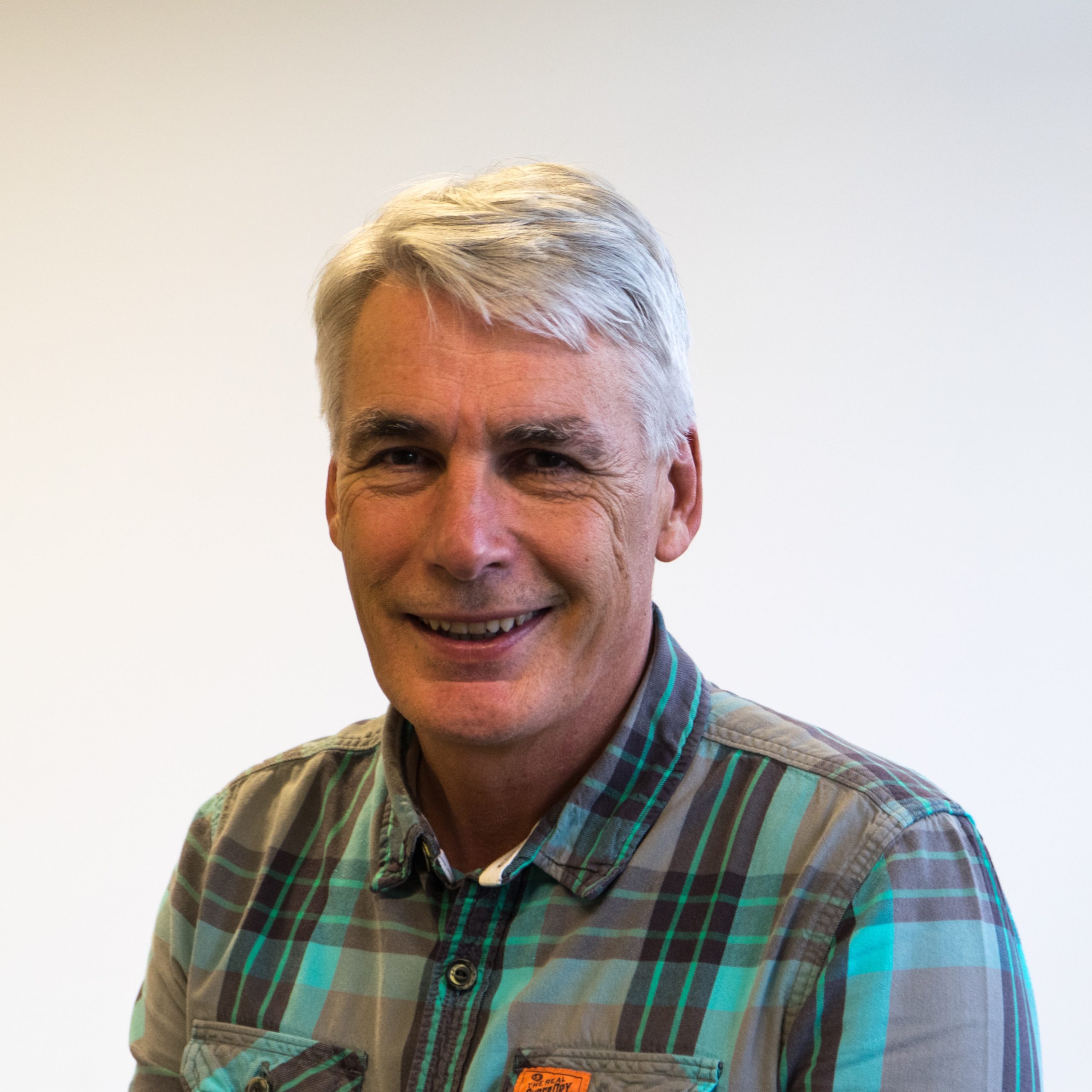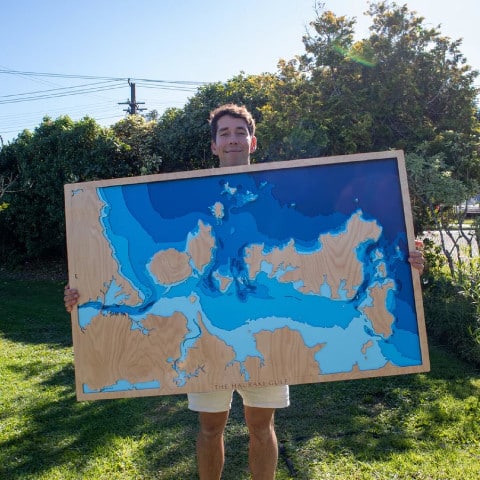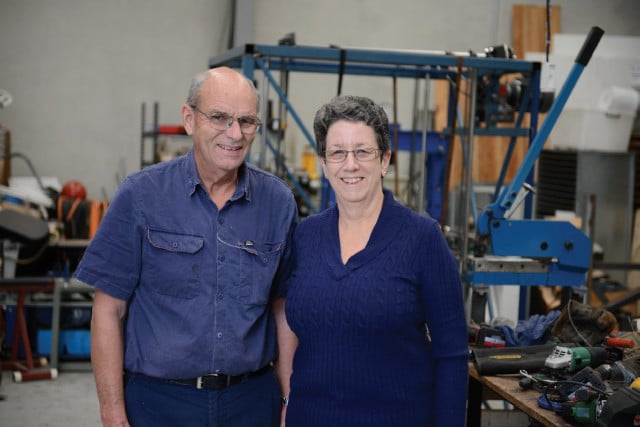
When Nick Davenport sold his business Nexus Foams for $6.5 million in May of 2019, one might assume he would kick up his feet and revel in the success, which was 26-years in the making.
But the Auckland-based engineer did quite the opposite, putting most of the money he made into his other business, Lanaco. The company develops and manufactures filters using wool for a variety of air filtration applications.
He says the two businesses have been quite different, especially in how they were funded.
When Davenport started Nexus, he was fresh out of University of Auckland Business School and inspired by the legacy of change in New Zealand in the early 90s brought about by Sir Roger Douglas.
“[He] had triggered in me the motivation to act – that if people take responsibility for their own lives, they can take care of others, and be rewarded at the same time.
“I funded the whole business out of cash flow with a long slow burn, looking to build a secure future with a product and service I could feel proud of.”
With Lanaco, he says the goal was much bigger, and would require lots of resources and top people who knew more about making it a success than he.
“From young, smart and extremely talented, to mature, wise and extremely diligent, I am immensely to proud to call all of them part of a great team,” he says.
He started the business in 2011 to increase returns to New Zealand’s sheep farmers by adding value to the wool they produce.
Last year one of Lanaco’s wool-based filters was picked up by NASA to protect astronauts in the Orion spacecraft on future exploration missions.
“I was a big kid when man last went into deep space in the Apollo launches to the moon in the 70s, and this exploration driven by ambition, science, design and engineering was captivating and world-changing,” Davenport recalls.
“With the Orion programme the bar is lifted by a huge order of magnitude in terms of technical rigour and safety, and thus to be selected as a material for critical life support in the most expensive vehicle in history is something our whole team is very proud of.”
Taking investment and support
Davenport’s says he underestimated how much traction the business would develop, and how much cash injection was needed to get it off the ground.
“It is probably the single biggest barrier,” he says.
Additional support came from agencies like AgMardt and Callaghan Innovation. NZTE helped with marketing, product development and capital raising.
Davenport now owns about 30% of the business with his wife Mary, and has some high-profile investors, including Sir Stephan Tindall’s K1W1, NZ Venture Investment Fund and Ice Angels.
Davenport says he’s focused on selling the tech offshore.
“There is definitely a marketing benefit to exporting a New Zealand product in some but not all sectors, but whether or not it is a net advantage overall is a harder question to answer.
“Being Kiwi does not naturally mean cost competitiveness, hence we focus on high value add, quality, trust and reliability.”
Davenport says the company is busy converting new enquiries into sales in several different markets and countries.
“This has seen our activity shift from supporting two or three customers to several in a matter of months, creating pressures on all parts of the business – great pressures to have,” he says.
He says being connected to sheep farming, an old industry struggling to meet market changes, has its advantages.
He says support for the “essential backbone” of science and research was forthcoming through the Wool Research Organisation of New Zealand and its funding arm WIRL.
But the most important source of support came from his other half.
“Mary gives me the constant support needed to commit through all of the tough times.”










